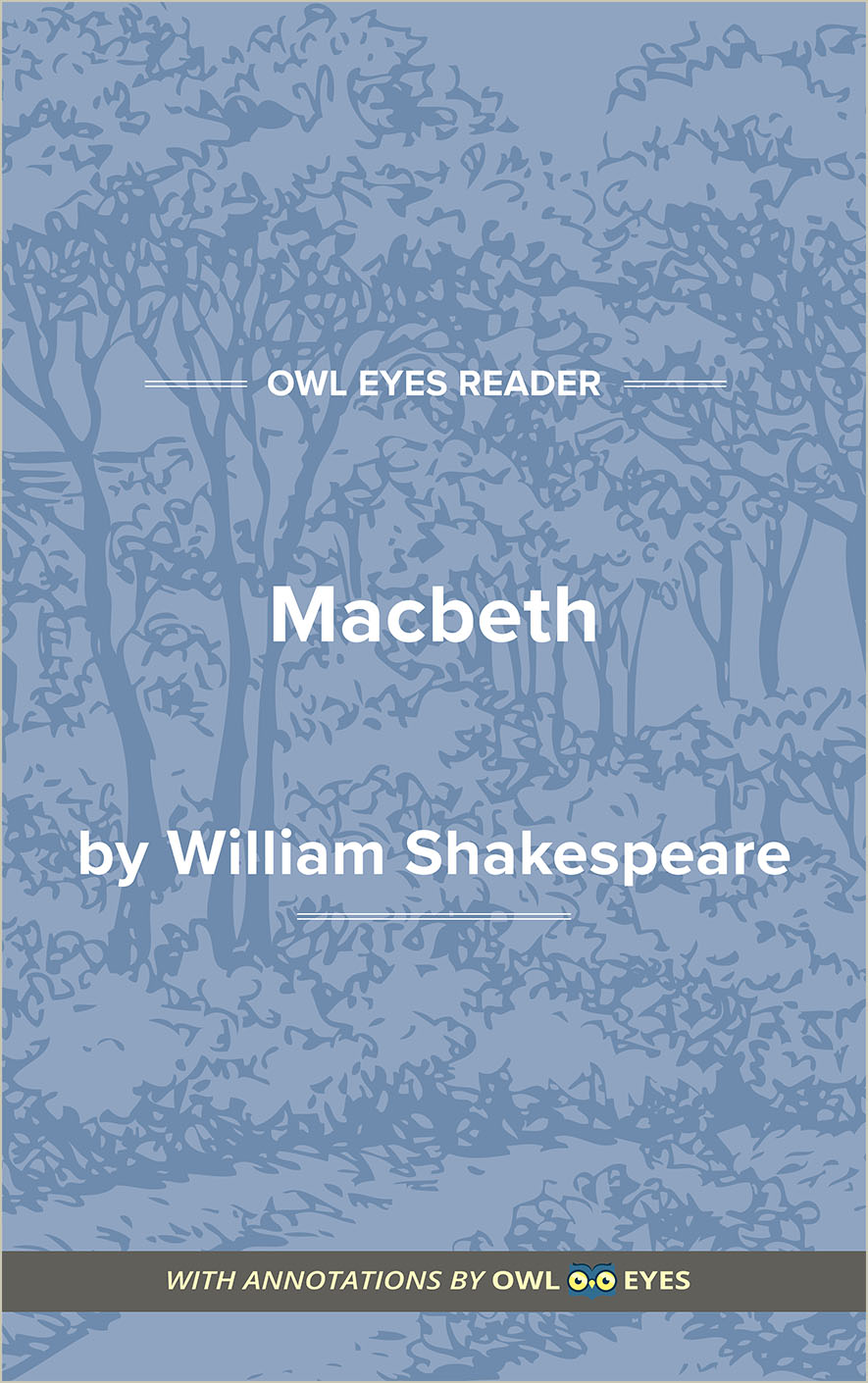Analysis Pages
Foreshadowing in Macbeth
Foreshadowing Examples in Macbeth:
Act II - Scene I
🔒"Is this a dagger which I see before me, The handle toward my hand..." See in text (Act II - Scene I)
Act II - Scene II
🔒"so, it will make us mad...." See in text (Act II - Scene II)
"Macbeth shall sleep no more..." See in text (Act II - Scene II)
Act II - Scene III
🔒"Knock, knock! Who's there, in th’ other devil's name?..." See in text (Act II - Scene III)
Act II - Scene IV
🔒"’Tis said they eat each other...." See in text (Act II - Scene IV)
Act III - Scene II
🔒"What's done is done...." See in text (Act III - Scene II)
Act IV - Scene I
🔒"And damn'd all those that trust them!..." See in text (Act IV - Scene I)
Act V - Scene III
🔒"Give me my armor..." See in text (Act V - Scene III)

